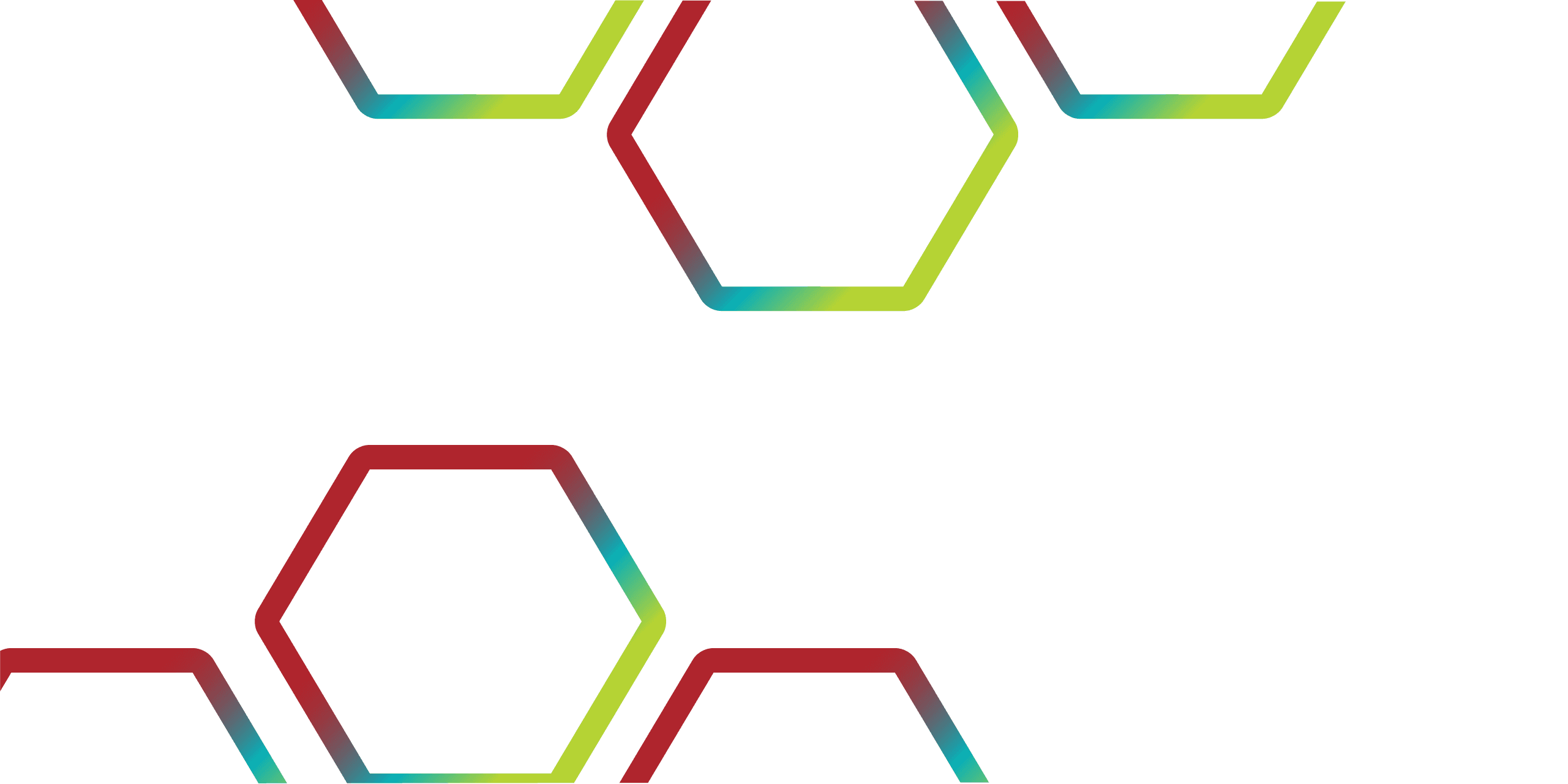Presentation Summary
As universities adapt to the rapidly changing higher education landscape, creating an inclusive and supportive environment for student success may be challenging. This presentation shares insights from a cross-disciplinary research project on enhancing student experience through self-assessment tools designed to evaluate and support the development of academic and digital literacies. Originally piloted in the School of Nursing and Midwifery in 2023, the project expanded to include Engineering, Science, and Medical Health Sciences in 2024. Working with academic and professional staff across the disciplines, the tools were customised to reflect learning outcomes and digital competencies, ensuring their relevance for a diverse student body. Aligned with the Holistic and Inclusive Student Experience subtheme, this project addresses access, inclusion, and equity issues within digital learning environments. Our initiative emphasises the development of simple and impactful strategies that complement the curriculum, fostering a more supportive digital learning environment.
The self-assessment tools empower commencing undergraduate and postgraduate students to self-evaluate their academic and digital literacy skills. Our data to date shares important insights with both staff and students and provides guidance about areas for improvement. Through regular communication to raise awareness and channels to facilitate continuous feedback, staff and students were engaged in refining the tools to meet evolving needs. This has promoted a culture of adaptability and continuous improvement. Cross-disciplinary collaboration has been integral to this project, facilitating knowledge sharing and alignment of goals across Schools. Our approach is guided by an emerging framework we co-designed centred on five key elements: Awareness, Engagement, Customisation, Inclusion, and Collaboration. By addressing these critical issues, our initiative supports the ‘Winds of Change’ theme and provides a scalable model for creating equitable, student-centred educational experiences. This presentation will explore the evolution of the project, the collaborative tailoring process across disciplines, and the broader implications of our framework in promoting holistic and inclusive student experiences in a rapidly changing academic landscape.
Meet the Speakers
Michelle Pedlow
Curriculum Strategy & Educational Innovation Lead, The University of Western Australia
Michelle Pedlow (SFHEA), Educational Projects and Communications Lead at ECU, is passionate about enhancing student learning through curriculum innovation and assessment design. With experience in transformative projects, she currently manages institution-wide change and researches feedback practices in programmatic assessment. She also co-leads a project fostering digital and academic literacy. Recognised with a VC Award for Contribution to Aboriginal and/or Torres Strait Islander Advancement, Michelle offers expertise in curriculum innovation and evidence-based practices in higher education.
Dr Justine Maldon
Senior Learning Adviser, Edith Cowan University
Dr Justine Maldon (SFHEA) is a Senior Learning Adviser at the Centre for Learning and Teaching, ECU. She is passionate about teaching excellence and promoting student engagement and success. Justine has expertise in developing interactive, student-centred courses and has received a VC Award for Initiatives that Enhance Student Learning for her work with the First Year Experience. She holds a PhD (UWA) and is experienced in teaching and learning research, utilising qualitative and quantitative methods.


